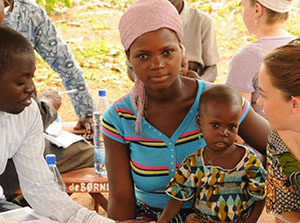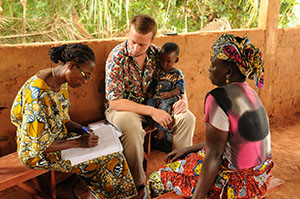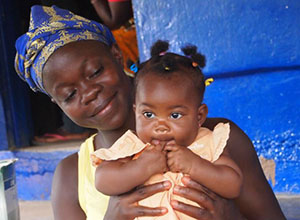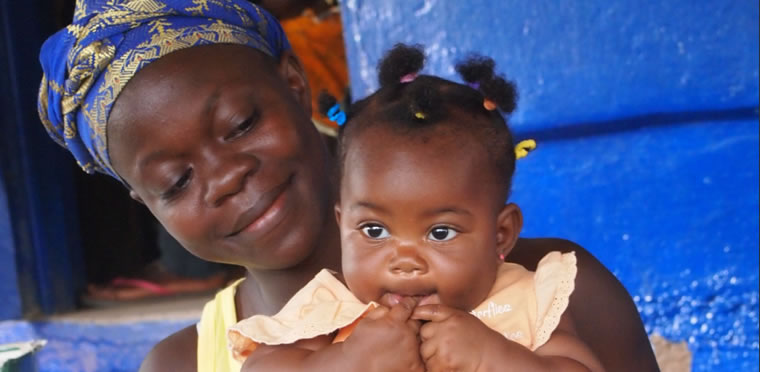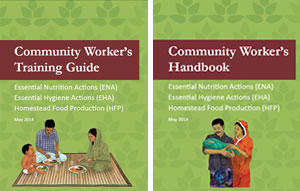Essential Nutrition Actions and Essential Hygiene Actions: A Reference Handbook for Peace Corps Volunteers and Community Volunteers
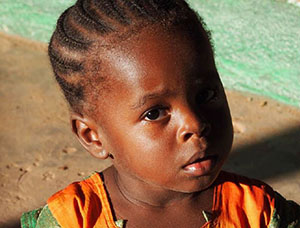
Some two billion people around the world consume a diet lacking the nutrients needed to live healthy and productive lives. The world community is reacting with increasing urgency, focusing especially on addressing global undernutrition among pregnant women and children under two years of age.
